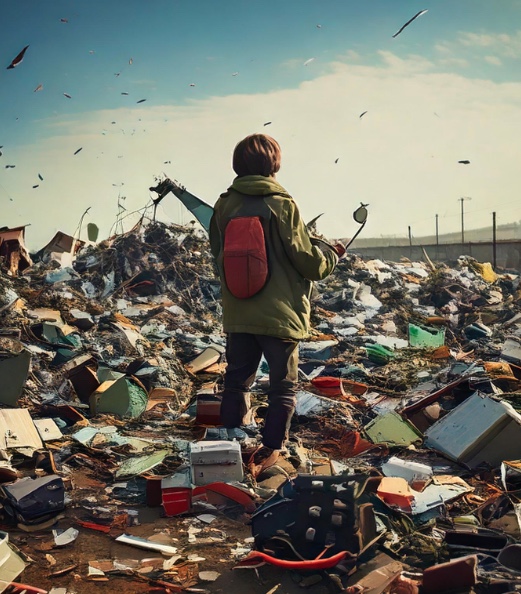Globalisation has brought undoubted global benefits with its promise of interconnectedness and development. However, its current model, based on the relentless pursuit of profit and the relocation of businesses to countries with low labour costs, has generated serious consequences in terms of worker exploitation and environmental degradation. Manufacturing offshoring, motivated by the search for lower wages and less stringent regulations, has often created “factories of the global south” where workers’ rights are systematically violated. Starvation wages, gruelling working hours, unhealthy working conditions, and lack of union protections are the norm in many production settings.
The social impact of this phenomenon is devastating widespread poverty, growing inequality, erosion of the social fabric and increased child labour. In addition, offshoring deprives countries of origin of jobs and skills, contributing to economic and social decline.
Certainly, globalisation has had a profound and complex social impact, bringing both benefits and challenges. On the one hand, it has fostered cultural exchange, improved access to information and technology, increased awareness of global issues, and promoted international cooperation. On the other hand, it has exacerbated economic inequalities, contributed to the loss of cultural identities, and led to worker exploitation and environmental degradation. Ultimately, globalisation presents a mixed record. It is crucial to promote a more equitable and sustainable globalisation that puts human dignity and environmental protection at the centre, ensuring that the benefits are shared by all and not just a privileged minority.
The environmental price of globalisation
The race to the bottom of production costs also has a negative impact on the environment. Relocated companies often operate in countries with lax environmental regulations, polluting the air, water and soil unchecked. In addition, globalisation has intensified the transportation of goods globally, resulting in increased greenhouse gas emissions and a significant impact on climate change. Deforestation, uncontrolled exploitation of natural resources and waste generation are other environmental consequences of globalisation without rules. The current model of globalisation, based on the exploitation of workers and the planet, is unsustainable in the long run. Growing inequality, social tensions and environmental crises threaten global stability and the very future of humanity.

To be more competitive, companies often relocate production to countries with less stringent environmental regulations. This allows them to pollute air, water and soil without controls and penalties, maximising profits at the expense of the environment. Globalisation has intensified the transportation of goods on a global scale, increasing greenhouse gas emissions and contributing to climate change. Ships, planes and trucks consume huge amounts of fossil fuels, releasing CO2 and other pollutants into the atmosphere. Searching for raw materials and producing cheap goods often leads to uncontrolled exploitation of natural resources and increased waste generation. Deforestation, mining, and waste accumulation are just some of the environmental consequences of this globalisation model.
Toward a more equitable and sustainable globalisation
It is necessary to rethink the globalisation model, putting human dignity and environmental protection at the centre. Fair international trade must be promoted, ensuring respect for workers’ rights and ecosystem protection. Businesses must take social and environmental responsibility for their actions by adopting ethical codes of conduct and investing in sustainable technologies and production processes. Governments must strengthen regulations to protect workers and the environment, promoting international cooperation to address global challenges. Only through the joint efforts of businesses, governments and citizens will it be possible to build a more just, equitable and sustainable globalisation that ensures a better future for all.



